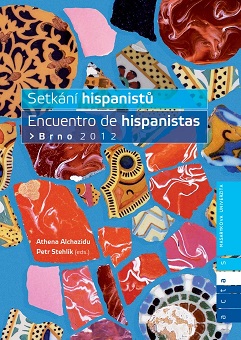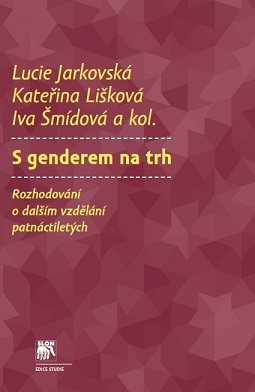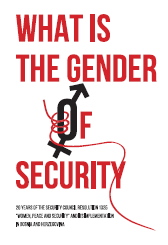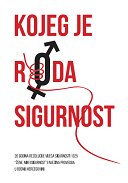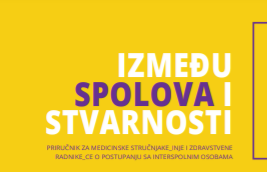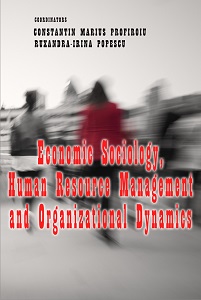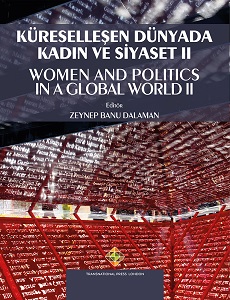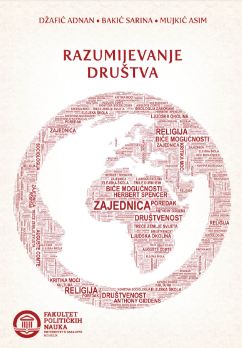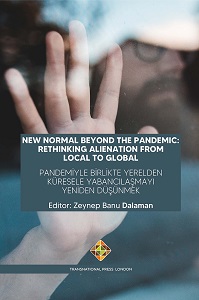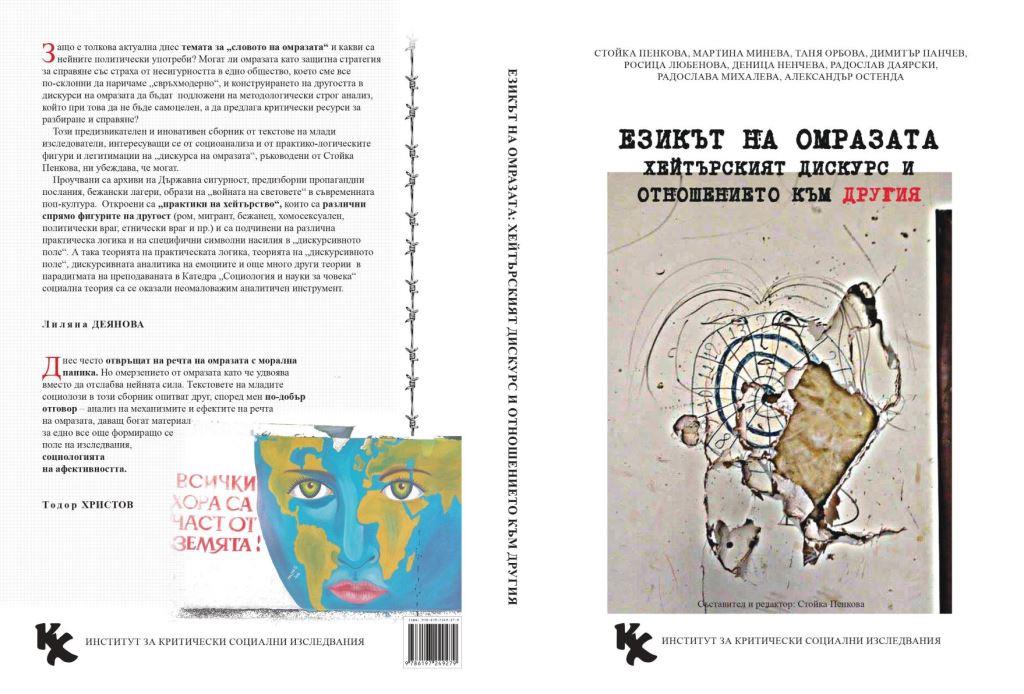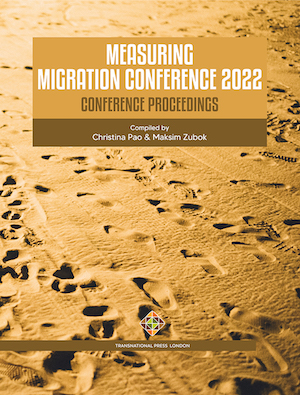Author(s): Ljubomirka Ljupka Kovačević / Language(s): Bosnian
Publication Year: 0
This work, starting from the concept of democracy which comprises public control over collective decision making and equality of rights in their implementation, is attempting to indicate a long history of excluding women from social and political processes. It has been institutionalized through „scientific„ explanations connected to tradition, history and nature of female characteristics. Modern democracy understands altered approach in solving the „female issue„: in the focus of interest is not any more „a female issue„ or „problem of women„, but this issue is being understood as structural social problem, and attention is focused on inequality. The significance and necessity of equality concept is pointed out (different, yet equal) and partnership concept (creative joining of forces). This different approach is founded on World conferences of United Nations, held during nineties, especially on the Fourth World Conference (Beijing 1995), which develops the strategy for reaching gender equality. Gender equality starts to be seen as one of the fundamental values of democratic societies and an important „measure„ of democracy. Gender aspect thus becomes very important on the path of each society towards reaching higher degree of democracy and feministic theory an important cornerstone for argumentation. The attention is drawn to strong resistance of respect of gender perspective, from personal, everyday, connected to „passive and active ignorance„, to conceptual, which are found within the cultural, political, philosophical, scientific and religious strategies. It is important to be careful in relation to the concept of gender democracy, and here it is emphasized that gender democracy is a strategy for change of relations, and not a general model of political thought in contemporary understanding of democracy. In the end, the situation in Montenegro is deliberated, where female nongovernmental organizations are still the most informed about this problem and the most engaged in the fight for recognizing gender perspective. Existence of Governmental Office for gender equality shows the tendency towards changes on the institutional level as well. This strivings still do not have wider social assistance, that is manifested through: clear political will on all levels (electoral process, political bodies, executive and legislative authorities), gender sensitive statistics, gender studies, finances supporting affirmative action, human resources (sufficient number of gender sensitive experts in all fields of public activity, especially media). Conclusion is that Montenegro, as a transitional country, is in relatively good position. It can contribute to faster process of democratization if it regards as important the following precondition- gender equality through institutionalization of mechanisms for its procurement. This should not only be a form, but a backbone for change of relation of inequality. Long way is ahead of us, and the outcome is still unsure.
More...
